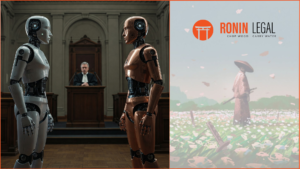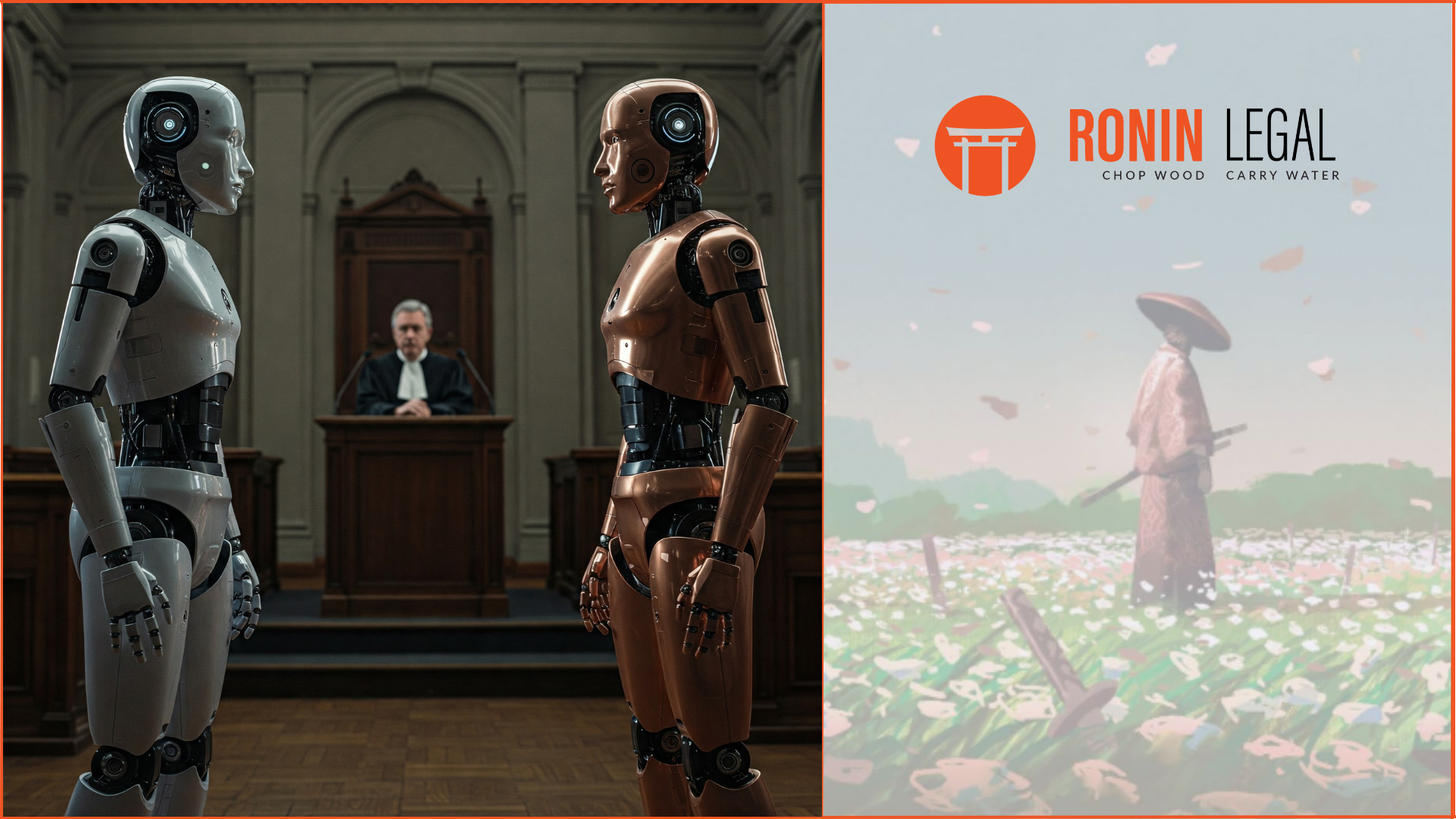Here’s what you’ll find in this fortnight’s AI Updates:
- EU Reaches Provisional Agreement on Groundbreaking Artificial Intelligence Act
- Arkansas Publisher Files Antitrust Lawsuit Against Google
- OpenAI Bans Bytedance from its Platform
- OpenAI Announce Partnership with Axel Springer to Train ChatGPT
- AI Authorship Copyright Claim Denied Again
- Google launches its latest AI model: Gemini
- Getty Images vs. Stability AI Copyright Battle Moves to Trial in the UK
- Beijing Internet Court Recognizes Copyright in AI-Generated Images
- New FTC Resolution to regulate AI
EU REACHES PROVISIONAL AGREEMENT ON GROUNDBREAKING ARTIFICIAL INTELLIGENCE ACT
On December 9, following three days of intensive negotiations, the Council presidency and the European Parliament’s negotiators reached a provisional agreement on the landmark Artificial Intelligence Act, as reported in a Press Release Statement by the European Council. The Act establishes harmonized rules for AI, ensuring safety, fundamental rights, and stimulating innovation. Notable elements include a risk-based approach, bans on specific AI practices, governance enhancements, and penalties for non-compliance. The agreement introduces a governance architecture, fines tied to global turnover, and an AI Office overseeing advanced models. Emphasized aspects include transparency, fundamental rights protection, and measures supporting innovation. The Act is currently pending formal approval.
ARKANSAS PUBLISHER FILES ANTITRUST LAWSUIT AGAINST GOOGLE
On December 12, an Arkansas based publisher, Helena World Chronicle filed a class action lawsuit against Google for allegedly diverting traffic away from the publisher’s website with Google’s Search Generative Experience and Bard. According to a report published by the Wall Street Journal, 75% per cent of the queries of users were answered without the need to click through several sites to look for an answer, which diverted traffic and revenue away from these websites. According to HWC’s complaint, the publishers are compelled to agree to these practices, or they would lose out on 100% traffic and revenue. The complainant as invoked the Sherman Act and the Clayton Act and sought injunctive relief and damages.
OPENAI BANS BYTEDANCE FROM ITS PLATFORM
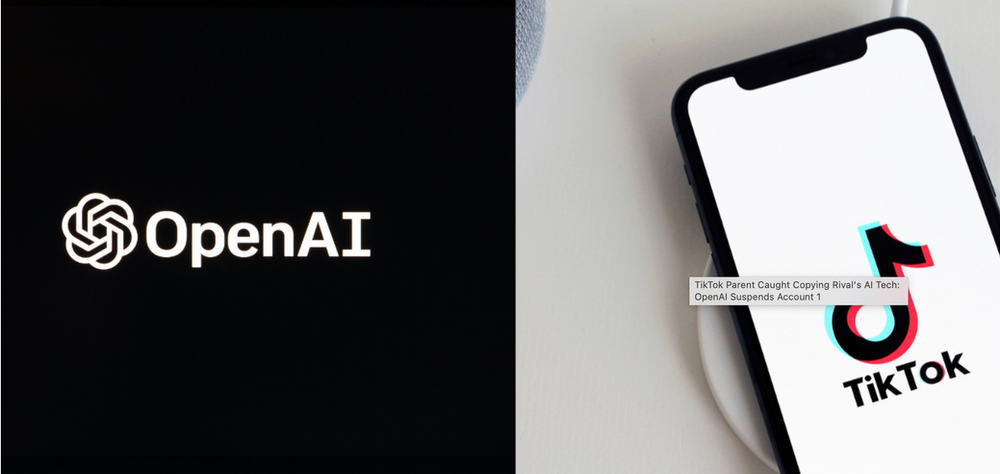
On December 16, OpenAI banned TikTok’s parent company, Bytedance from its GPT platform. A leaked document revealed that Bytedance had been secretly using ChatGPT’s API to train its own LLM under the name “Project Seed”. This practice violates both OpenAI’s and Microsoft’s Terms of Use that state that the OpenAI products cannot be used to train other AI systems.
OPENAI ANNOUNCES PARTNERSHIP WITH AXEL SPRINGER TO TRAIN CHATGPT

On December 13, OpenAI announced that it has entered into a partnership with Axel Springer to use its publications Politico and Business Insider to train its LLM, ChatGPT. With this partnership, users will receive AI generated summaries of news articles from these publications. ChatGPT will also be able to answer queries related to these articles, and will provide links to the relevant pieces. This partnership is the first ever aim towards an era of independent AI journalism.
AI AUTHORSHIP COPYRIGHT CLAIM DENIED AGAIN

On December 11, the U.S. Copyright Office issued an opinion declining the registration of the 2-D artwork “SURYAST,” created using the RAGHAV AI Painting App, citing a lack of sufficient human authorship for copyright protection. Ankit Sahni, the artist, argued that RAGHAV was merely an assistive tool, and he contributed essential creative inputs. However, the Copyright Office maintained that Sahni’s inputs were insufficient to establish distinguishable human authorship from the AI-generated content. This decision aligns with the Office’s broader trend, emphasizing the necessity of substantial human creative involvement for copyright protection in AI-generated works, as outlined in its March 2023 guidance, and reflects a cautious approach to AI-generated content in copyright considerations.
GOOGLE LAUNCHES ITS LATEST AI MODEL: GEMINI
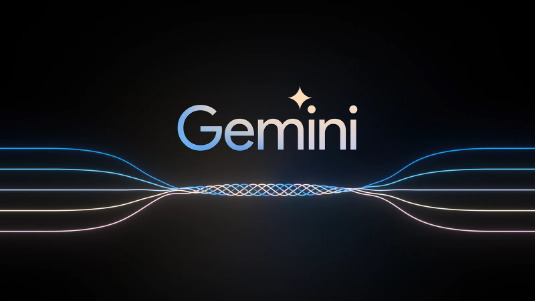
On December 6, Google launched Gemini, its latest AI model, signaling a notable advancement in AI. Developed with Google’s AI chips, Gemini stands out for its proficiency in processing information from various sources, surpassing human experts in specific tests. The three tiers of Gemini include Gemini Ultra, Gemini Pro, and Gemini Nano, catering to diverse tasks and platforms. Bard, the chatbot, received a significant upgrade with integration into Gemini Pro. Google’s Pixel 8 Pro smartphones run on Gemini Nano, extending its availability to Android developers. The most advanced Gemini Ultra will be accessible to developers in the coming year, representing a substantial leap in AI capabilities according to Google.
GETTY IMAGES VS. STABILITY AI COPYRIGHT BATTLE MOVES TO TRIAL IN THE UK
On December 1, Justice Joanna Smith of the High Courts of Justice Business and Property Courts in England and Wales handed down a judgment allowing the case filed by Getty Images against Stability AI to proceed to trial. Getty Images sued Stability AI, alleging unauthorized use of its images to train AI models. Stability AI, based in London, contested the jurisdiction, claiming its models were not developed or trained in the UK. The court, led by Justice Joanna Smith, refused to dismiss the case, citing potential inconsistencies in Stability AI’s evidence. The judge emphasized unanswered questions about the location of model development and training, necessitating a trial. The case mirrors a parallel lawsuit in the U.S., where Getty Images accuses Stability AI of widespread copyright and trademark infringement. Stability AI seeks dismissal, arguing jurisdictional issues.
BEIJING INTERNET COURT RECOGNIZES COPYRIGHT IN AI-GENERATED IMAGES
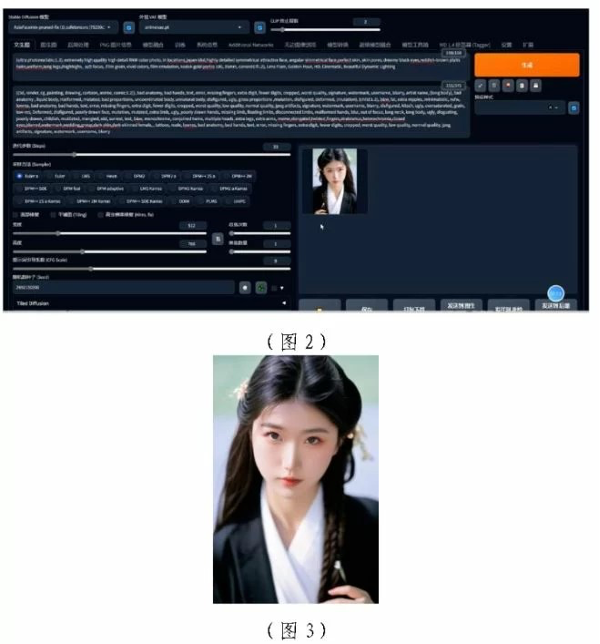
On November 27, in a first ruling of its kind, the Beijing Internet Court ruled that AI-generated images are copyright-protected, emphasizing the human intellectual input. This stands in contrast to the U.S. perspective that denies copyright eligibility to AI-created works, ruled by a recent district court decision upholding the U.S. Copyright Office’s denial of registration for an AI-generated artwork. The Beijing court’s decision stems from a case where the plaintiff, Li, alleged copyright infringement when defendant Liu published Li’s AI-created image without authorization. The court held that as long as an AI-generated image reflects a human’s original intellectual investment, it should be protected by copyright laws. The decision included findings against Liu that in addition to making unauthorized use of the image, Liu removed the watermark of Li’s signature on the picture, and in doing so, “mislead viewers” who believed that Liu (and not Li) was the creator of the image, resulting in a court order for Liu to issue a statement of apology on social media platforms, and to pay 500 yuan ($70.16) in damages to Li.
NEW FTC RESOLUTION TO REGULATE AI
The Federal Trade Commission (FTC) unanimously approved a resolution endorsing the use of compulsory process in non-public investigations concerning AI-related products and services. The principal tool, the “civil investigative demand” (CID), akin to a subpoena, empowers the FTC to seek a broad range of information from companies accused of “unfair or deceptive” practices. The ten-year effective Resolution facilitates the issuance of discovery demands, reinforcing the FTC’s commitment to regulate AI under Section 5 of the FTC Act. The FTC reiterated concerns about AI’s potential competition issues and acknowledged its dual nature—both beneficial and susceptible to misuse for fraud, deception, privacy infringements, and other unfair practices.
Authors: Saumya James, Shruti Gupta, Shantanu Mukherjee





